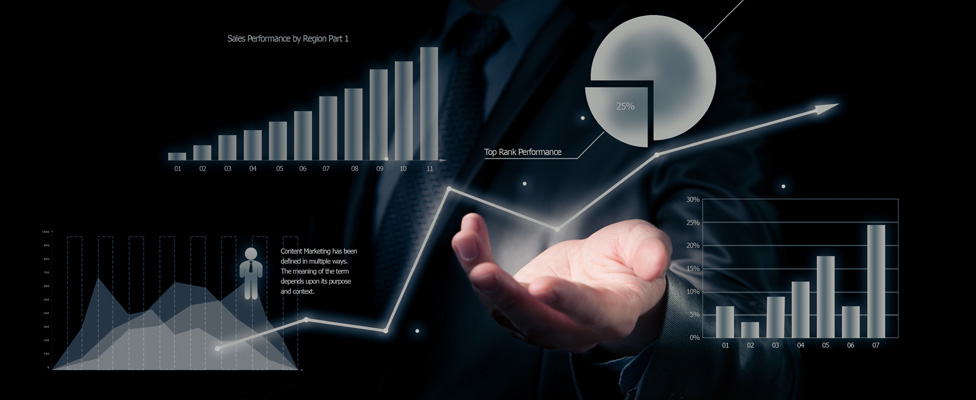
5 Minutes with a CEO: Jeff Bishop of Top Stock Picks
As a business owner, Jeff Bishop monitors analytics to make sure his company is reaching the right people with the right message.
- By James E. Powell
- January 12, 2017
 Jeff Bishop is an example of a CEO who relies heavily on analytics for his critical business decisions. He is the CEO of Top Stock Picks, a company focused on delivering time-sensitive stock trading ideas to thousands of paying clients.
Jeff Bishop is an example of a CEO who relies heavily on analytics for his critical business decisions. He is the CEO of Top Stock Picks, a company focused on delivering time-sensitive stock trading ideas to thousands of paying clients.
As a trader, he must make quick and precise decisions in the stock market. He makes daily use of data analytics (from Infusionsoft, Google Adwords, and Facebook) to ensure his company is reaching the right people with the right message. Understanding the data and continually fine-tuning his analysis has helped his business grow to more than $6 million in annual sales in the past five years. He recently answered a few questions for Upside.
UPSIDE: Is there a piece of advice you wish someone had told you when you first became a CEO?
Jeff Bishop: I wish that I had known how many "hats" I would need to wear as the company expanded. When I started this company, I was running it solo. I've hired many people to work with us over the years, but I am still intimately involved in many aspects of daily operations.
For every job I am able to delegate there is something else that needs my attention. I thought as the business grew that I would focus more on being the visionary for our midsize company, but I have ended up in charge of many new areas.
What personality trait do you think CEOs need to succeed?
A good CEO needs to have a clear vision of where the company needs to go. This means your CEO needs to understand the landscape of the sector you're in and how your company can capitalize on it. A good CEO needs to make instant decisions that can affect the outcome of the business for years to come and be willing to live with the consequences of those decisions whether they prove to be good or bad down the road.
What trend or idea do you think is the most overhyped today in the corporate world -- be it about analytics or business in general?
We are using too much talent and resources to solve problems that truly aren't problems. Building the infrastructure needed to deliver a cheeseburger to my house at two a.m. with the push of a button is not a real need. We confuse entertainment for needs. We are finding ways to entertain people because it is low risk and high reward if successful. This trend cannot last forever; we'll need to solve real problems eventually.
How are you, personally, using analytics in your day-to-day decisions? What data do you look at every day? Every week?
I use analytics every single hour of the working day. Our business is data driven and I monitor our status nearly every hour. When problems arise, I am able to address them very quickly. This can be great for business, but on a personal level I am not sure this is a healthy trend.
What form of analytics do you use to make sense of all the data (for example, daily reports, real-time dashboards, exception alerts)? Do you have any secrets you'd like to share about extracting the greatest value from your data?
I have a couple of dashboards that monitor the important stats for our business -- I check those religiously. I think the most important thing to consider is not the data itself but what caused any change.
Too often we look at the key statistic our business is focused on and don't consider what inputs changed to cause an effect there. Everything doesn't come down to data, there's a lot of intuition that goes into correctly reading analytics as well, and that's where a CEO's instinct plays a big role in decision making.
About the Author
James E. Powell is the editorial director of TDWI, including research reports, the Business Intelligence Journal, and Upside newsletter. You can contact him
via email here.